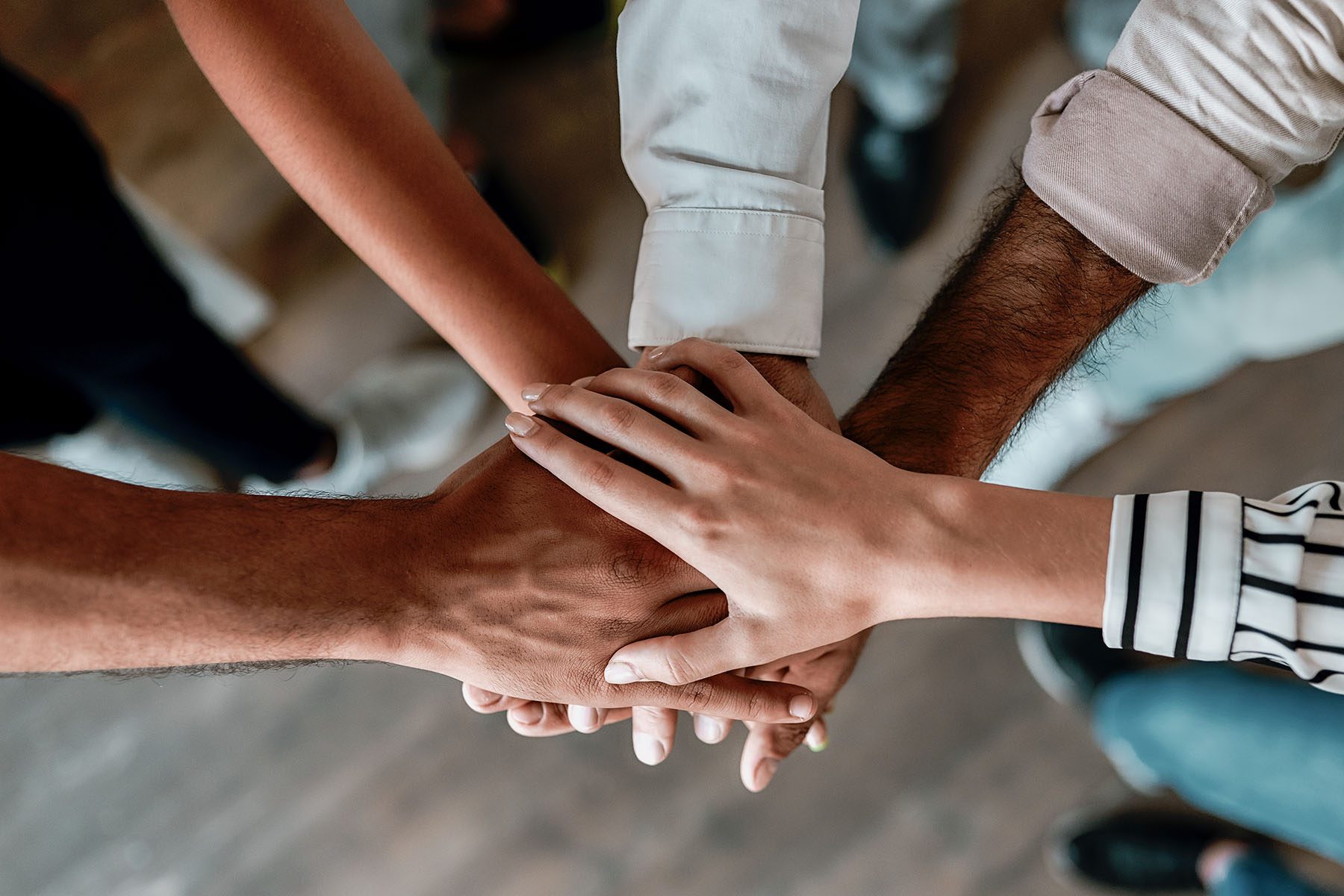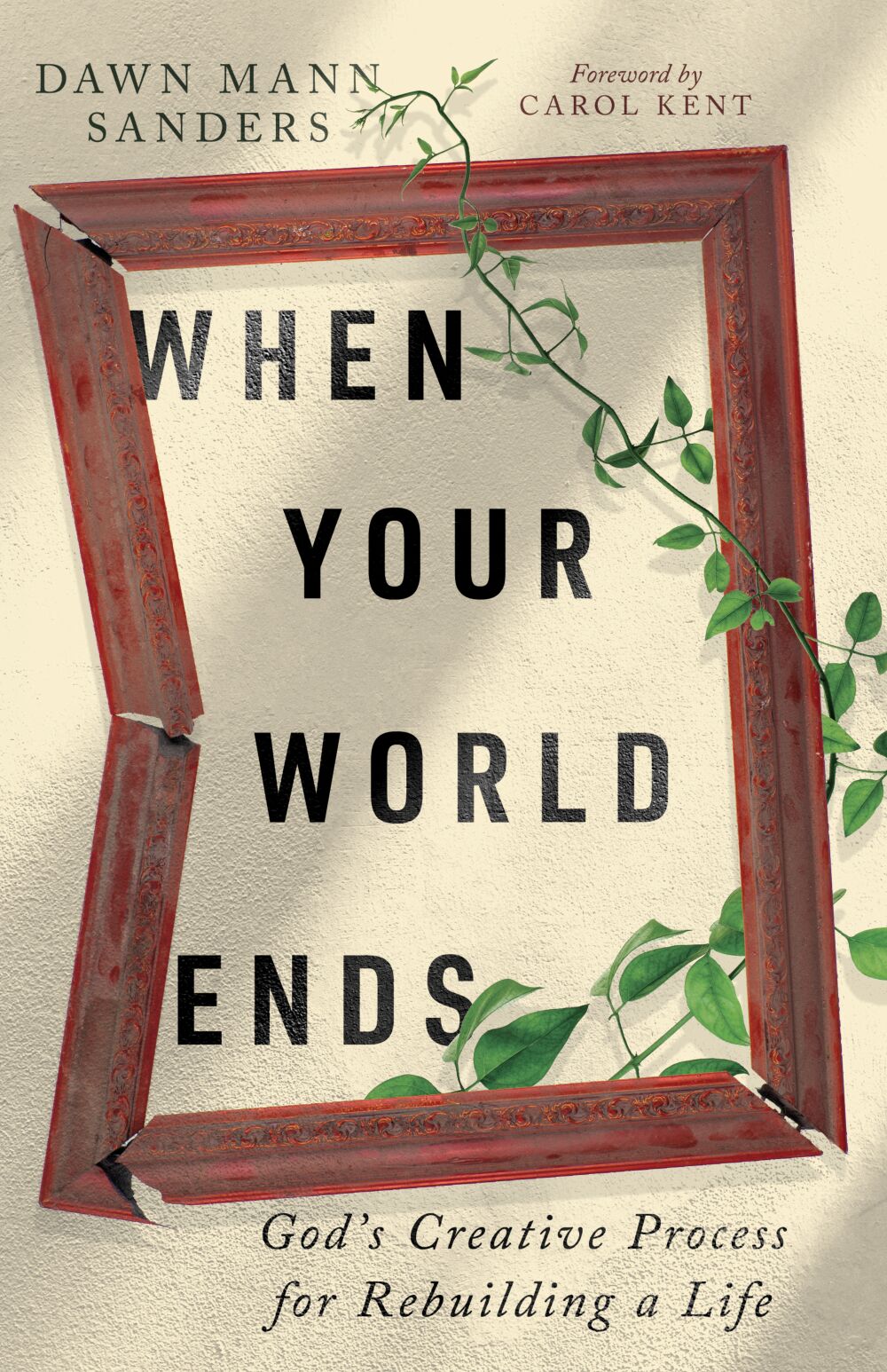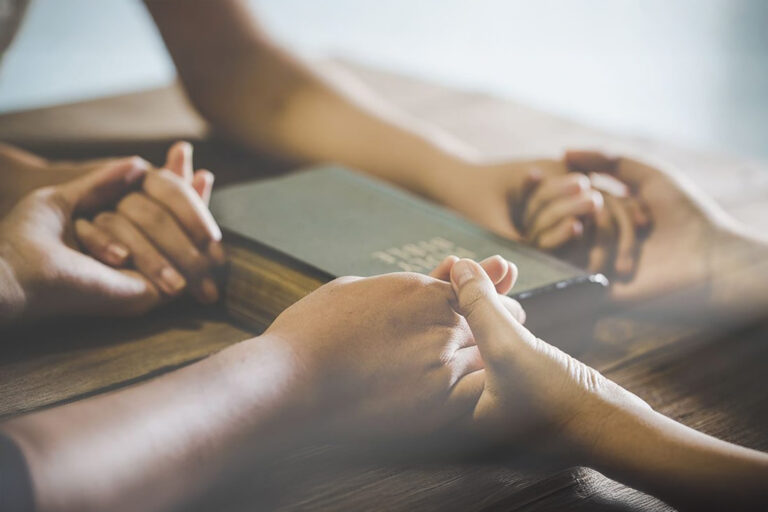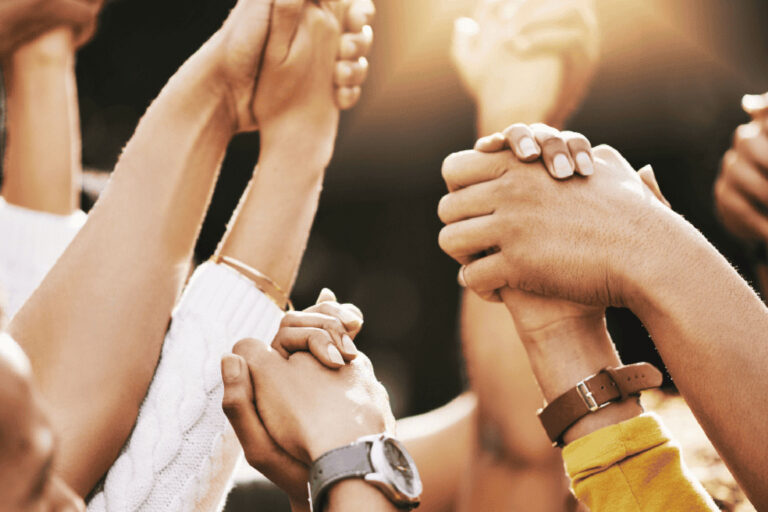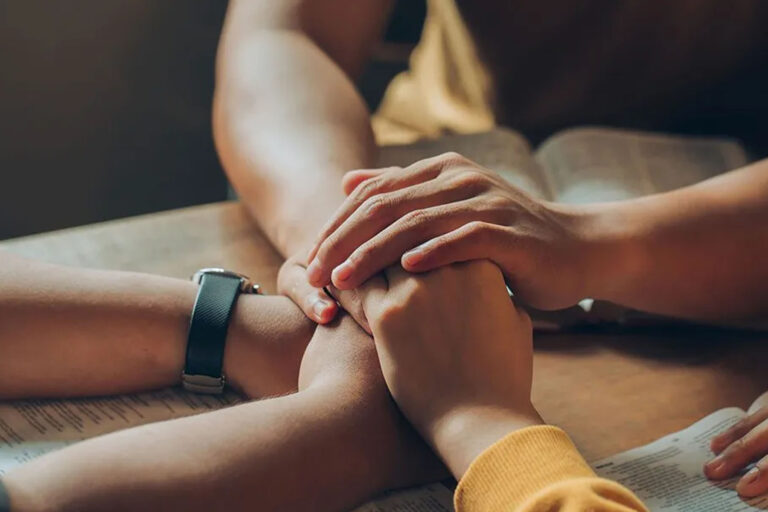“Your parents raised each of their children to feel special about some quality you each have,” said my friend Jennifer. Very early in each of our lives, our parents saw Harriette was bold, Clifford had a knack for electronics, Darryl and Ramona were athletic, and I was good in school. Then, they proceeded to help each of us to see these qualities in ourselves. That way, we would know we were special in some way and see something in ourselves that made us feel good.
They looked at their creation and saw that it was good.
By looking at their creation—the creation they had joined God in creating, my parents imitated God. They looked at their creation and saw that it was good.
No surprise there… Everything God created was good:
Then God saw everything that He had made, and indeed it was very good. So the evening and the morning were the sixth day.
~ Genesis 1:31
Verse 31 is the last verse of Genesis 1, so the first chapter of the Bible ends on a high note. It wasn’t long though before God—like most parents—began to see something in their child’s lives that wasn’t good.
Usually, for most parents, it isn’t their child that isn’t good. For most parents, God included, the thing that isn’t good is a situation their child is in or an action their child has taken. Either way, for most parents, God included, though the situation or action isn’t good, their child remains good.
Part 8 of How to Respond When Life Happens
Several weeks ago, we began studying the Book of Ruth. Today’s post was inspired by the word “land” in Ruth 1:1. The Hebrew word translated “land” in this verse means land in the sense of a people’s territory. In this case, surprise, surprise, the people are the nation of Israel and the land was the land God gave to them.
Now it came to pass, in the days when the judges ruled, that there was a famine in the land. And a certain man of Bethlehem, Judah, went to dwell in the country of Moab, he and his wife and his two sons.
~ Ruth 1:2a
The verse says, “there was a famine in the land.” Yes, the famine was in the land, but its presence in the land impacted the community. There was a famine in the community—the community of Israel. So, today’s post centers on the topic of community.
How God Fixed a Bad Situation
The first thing in the Bible God declared not-good (or bad) was a situation—Adam’s solitude (Genesis 2:18). The answer to Adam’s not-good situation was relationships—community. Relationships and the communities we build through them are a vital part of creating a new life.
And the Lord God said, "It is not good that man should be alone; I will make him a helper comparable to him."
~ Genesis 2:18
The New Oxford American Dictionary defines “community” as “a group of people living in the same place or having a particular characteristic in common.” The children of Israel were a community. They lived in the same place—the nation of Israel or the Promised Land. They also had a characteristic in common; they worshipped the same God.
The Three Most Common Ways Communities Connect
1. Physically
When it comes to community, physical connection is the first definition listed above—living in the same place. We’re physically connected through the land on which we live—the place we call home. As they say in real estate, for this type of community, it’s all about location, location, location.
My church used to fall into this category. For years prior to the COVID pandemic, my pastor only allowed people to join through attending an in-person event. We streamed our service online for over a decade, but to join, you had to come in person and respond to the altar call at the end of an in-person event.
The members of our community were often our neighbors.
As a result, like the nation of Israel, the members of our community were often our neighbors. We were connected by the land—the territory in which we lived.
Territory can also be divided in multiple ways. For instance, the suburb in which I live is part of my county—Prince George’s, which is part of my state—Maryland, which is part of my country—the United States. So, my suburb is a community, as is my county, as is my state, as is my country. So, I’m connected to several physical communities via the physical land on which I live— the place I call home.
2. Spiritually
After the COVID pandemic, our church joined the ranks of the Hybrid Church by opening our doors—physical and virtual—to the world-at-large. Now, anyone anywhere on the planet, regardless of geographical location, can become a member. So, rather than a physical territory, what binds us together as a community is our spirituality.
Like the children of Israel, we worship the same God—the God of Abraham, Isaac and Jacob. As part of worshipping the same God, my fellow church members and I espouse to share the same values and beliefs—Christianity.
What binds us together as a community is our spirituality. Share on XChristianity is a faith with many denominations or branches of the Christian Church. As Christians, we each embrace the same core beliefs, such as there is only one God and salvation is offered to all through His Son Jesus Christ. We are all a part of the community of believers in Jesus Christ—the Big C Church—through Christianity’s core beliefs.
However, there are other Christian beliefs, such as baptism, where the beliefs among Christian denominations vary widely. The range of beliefs about baptism range from sprinkling to full immersion. No matter where you fall in that range, as long as you share our core beliefs, you’re a Christian.
So, while all Christians are connected across the spiritual land of Christianity, we aren’t all connected across denominations. But though we are not all connected across denominations, there’s still community within denominations. Therefore, like with the land, as a Christian, you can find one, if not multiple, communities to call home.
3. Mentally
Next, we have mental connection. These are the people who think the same—who share similar ideas, thoughts, and opinions. Social media exists to connect people with people who think like each other. In doing so, we create communities of like-minded people.
Examples of these are people with the same goals—like creating a life He loves and you enjoy. Going in search of creating a new life God’s way may have been the catalyst that brought you to my page and the community of like-minded individuals that I’m growing here.
We create communities of like-minded people.
Right now, people are connecting with me and my thoughts, but my vision includes creating a conference, courses, and a vibrant community of others who also challenge us to see our lives the way God sees them. Then, begin to make them a reality—just as I am. My hope is, just as you have with my blog, you will also find a home there.
Building an Emotional Connection
Each of the ways communities connect presented above provide an environment—a land—where we can socialize and begin to build emotional connection. These are the people who become family and friends—our loved ones. These are the people we care about.
Because we care, when famines hit, it’s even more devastating.
Through my obedience, I can be an example to the community. Share on XOn the bright side, just as with Eve in the garden, I can flip a not-good situation, such as a famine, good by being a member of the community. But, since God sends famines to turn the disobedient back to Him, I help the community with my obedience.
Through my obedience, I can be an example to the community. I can be part of the remnant that God uses to save the community, and as we dig deeper into Ruth, we will see an example of how that happened. We will see how one woman responded to life happening by clinging to community and becoming an instrument through which the future of a nation was born.
Until next time…
Agape—loving and loved by Jesus,
Dawn
The “How to Respond When Life Happens” Series:
- Part 1 – How to Respond When Life Happens
- Part 2 – The Freedom to Do You
- Part 3 – The Purpose of Chaos
- Part 4 – The Difference Between Felt Needs and Real Needs
- Part 5 – Who’s Ruling You? An Article about Submission
- Part 6 – Famines in the Bible
- Part 7 – The Differences Between Famines, Fasts and Feasts
- Part 8 – Famine in the Community
- Part 9 – The Meaning of the Land as Israel’s Possession
- Part 10 – What’s Important about Naomi’s Opening Situation in the Book of Ruth?
- Part 11 – Three Locations in the Book of Ruth
- Part 12 – Traveling in the Book of Ruth vs. Now
- Part 13 – Naomi’s Family’s Names in the Book of Ruth

